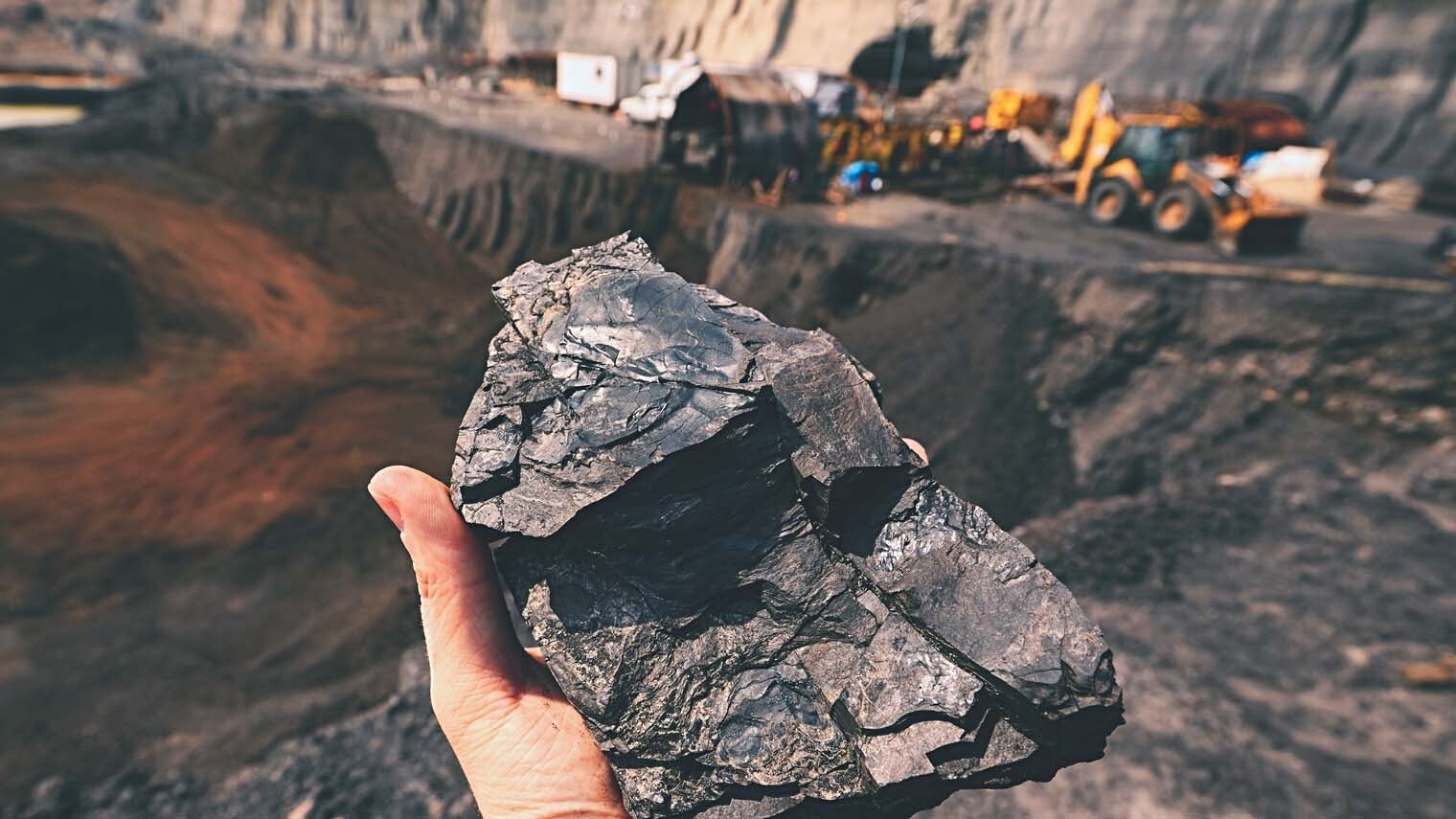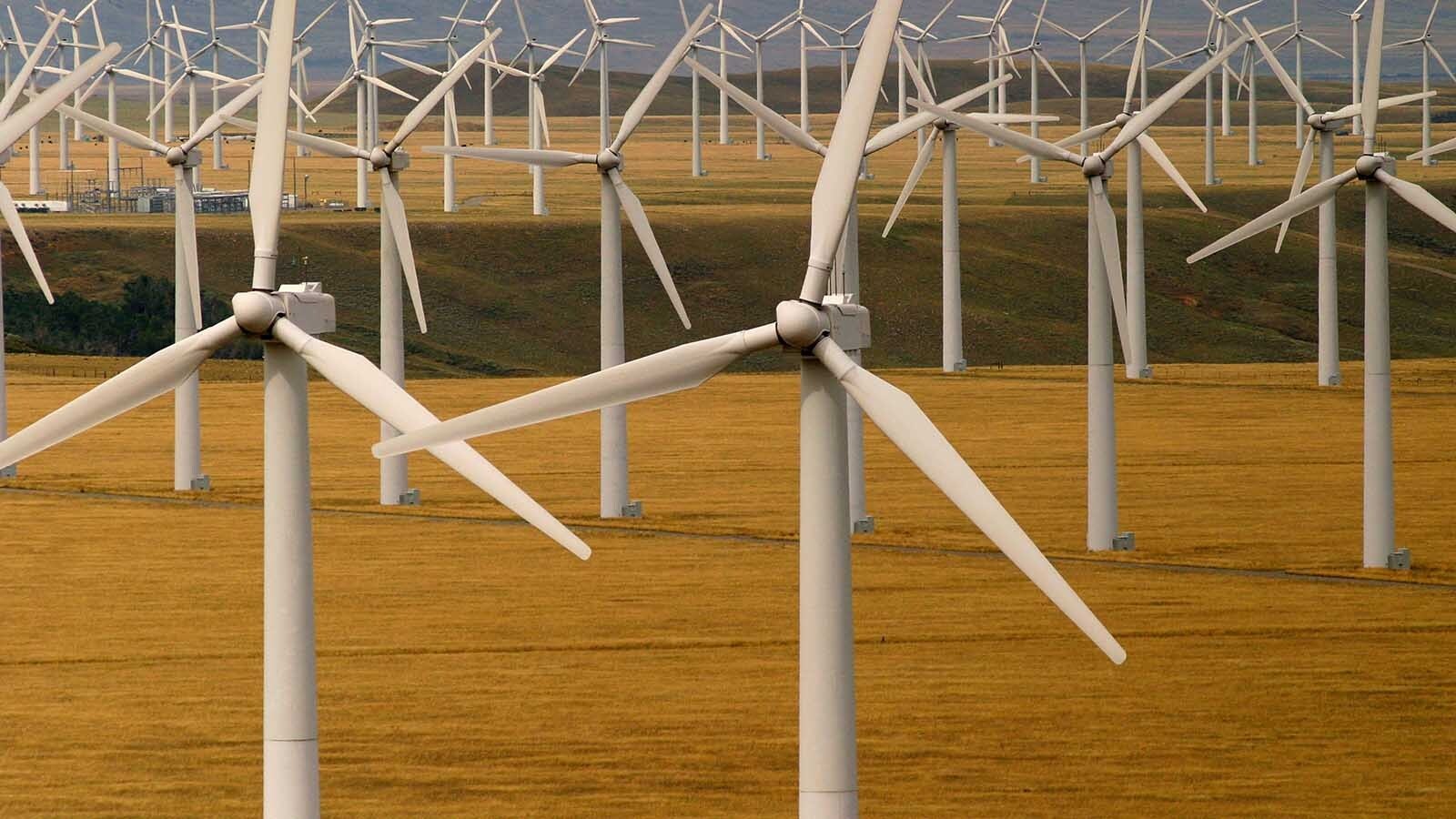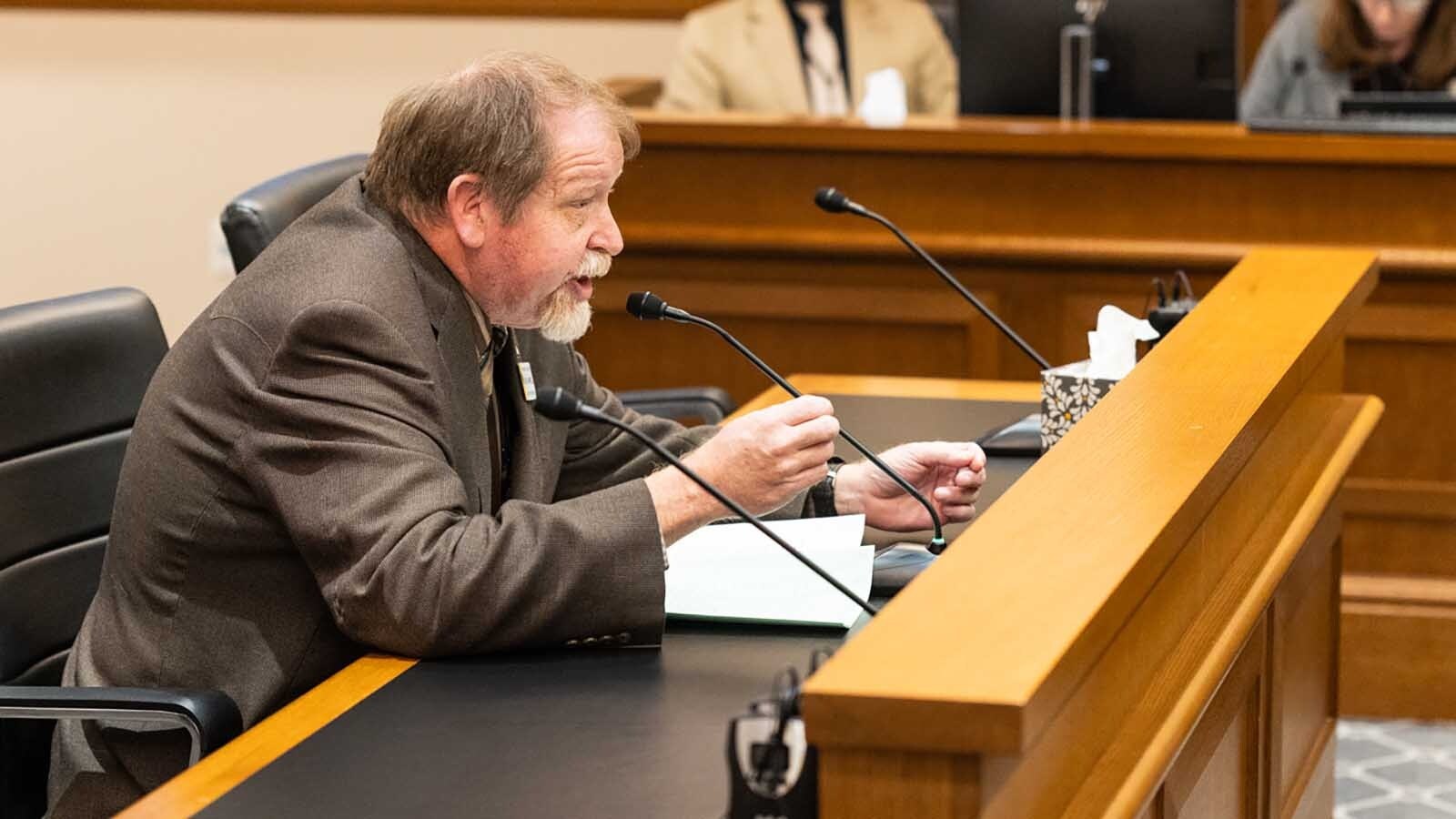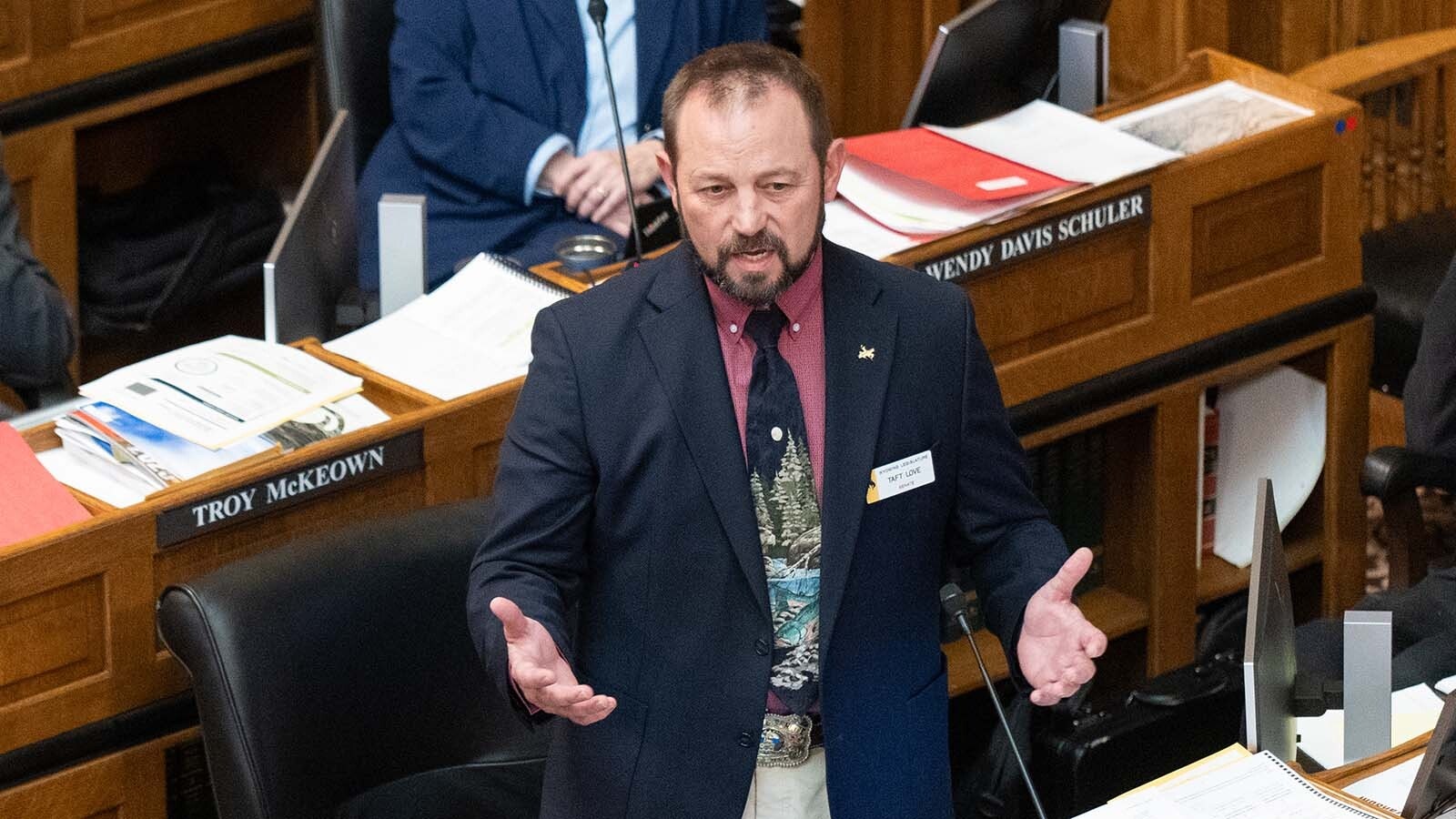By Ryan Lewallen, County 17
President-elect Joe Biden made some big promises that, if kept, could prove disastrous for the Wyoming energy economy, but it’s not likely to happen given the outcome of the election, one energy economist says.
In little more than a week, sitting U.S. President Donald Trump will hand over the reins to Biden, who has publicly committed to take steps to reduce the nation’s carbon emissions starting on day one.
By the end of first day in the White House, the soon-to-be president has promised executive action that will ban oil and gas leasing on federal lands in addition to implementing “aggressive methane pollution limits for existing oil and gas operations,” according to Biden’s energy plan.
But it’s unlikely that those bans and restrictions will be a permanent energy development moving forward, according to Robert Godby, energy economist and acting associate dean at University of Wyoming’s Haub School of Environment and Natural Resources.
The Democratic Party now has control of both the legislative branch and the White House, but the newly won Democratic majority in the U.S. Senate is razor thin, Godby said, which means any dissenting opinion could derail such radical energy-related actions on the Senate floor.
“Within that, it means that moderates will most likely prevail despite what people consider,” Godby said.
He noted it is important to remember that one of the most prominent Democratic Senators, Joe Manchin of West Virginia, comes from a state second only to Wyoming in coal production.
It is only speculation at this point, but it is logical to believe that Manchin will do what he can to protect coal within his state, Godby said, which is good news for pro-Wyoming coal efforts by Republican Senators John Barrasso and Cynthia Lummis.
Godby also believes, that given the outcome of the recent election, the Democratic Party will not do anything to endanger their precarious margins in the body.
It is Godby’s contention that Democrats will instead work hard to avoid taking on drastic climate legislation which may result in backlash from their constituents in states reliant upon fossil fuel production. Past discussions of major climate legislation are believed to have contributed to Democrats losing control of the Senate in 2014.
Additionally, Biden is generally considered more of a moderate and made it known during the presidential debates that he is not anti-fracking, despite his contrary stance during the primaries. Biden has worked hard to thread the needle by calling for ending oil and gas leasing upon public lands while also not calling directly to outlaw fracking, a decision which could have cost him votes in eastern states which have benefitted greatly from America’s newly accessible and abundant supplies of natural gas.
The decline in the coal industry can be partly attributed to cheaper energy production available through natural gas, Godby said, which in turn is now being pushed out by even cheaper renewable energy options, both of which are cheaper to build than utility-scale coal fired power plants.
More important for utilities, the operating costs associated with renewables, irrespective of depreciation and long-term maintenance, are significantly lower than those for coal or natural gas. There is a cost that can be attributed to each ton of coal burned or each MCF of natural gas used and those specific costs are how utilities decide, based upon demand at any one time, whether to run the wind turbine, gas turbine, or coal plant within their portfolio.
Climate change concerns are gaining momentum as well, according to a 2019 poll conducted by Pew Research, with most Americans wanting their government to do more to reverse the effects of climate change and 72% of those polled urged prioritizing the development of alternative energy options over expanding fossil fuels.
Similar trends have been seen in Wyoming with 61% of residents participating in a 2016 study from Yale University acknowledging that global warming is real.
“Most people recognize that climate change is an issue, that it’s human caused, and we need to do something about it,” Godby said, adding that some are beginning to understand that, in order to address climate change, the current concentrated use of fossil fuels can’t continue.
Coal markets are changing, too. There are too many coal mines chasing too few customers, according to Godby.
In the short term, coal could be looking at a brief resurgence as a result of the COVID-19 pandemic’s effect on the oil and gas industry, which has served to bolster coal’s ability to compete with natural gas, Godby said.
This resurgence could increase coal production as high as 235 million tons in 2021, according to Godby, but it will only be a temporary situation.
As the nation moves out from underneath the COVID-19 umbrella, oil production is expected to pick back up and drive natural gas prices down, once again placing strain on an already strained coal market.
“I don’t think any president, any administration, or any change in Congress can really do much to stop the market momentum and the international recognition that energy technology has changed,” Godby said.
It might not happen in the next two years or even in the next decade, but coal markets are changing to the negative, he added.
Oil and Gas
Natural gas could be facing issues moving forward with the incoming administration, but they might not be as severe as some have argued, Godby said.
It’s not likely that permanent drilling and leasing bans on federal lands will occur given the political climate, but the industry could still see some negative impacts if emission rollbacks instituted by Trump are reinstated.
“And those can be done without Congress through executive order and through agency orders,” Godby said, which could make it more difficult for natural gas to compete with other fuels like coal.
If any bans were implemented, Godby predicts they would most likely happen in places where oil and gas drilling is not likely to upset the thin Democratic majority in the Senate.
“There’s too much at stake for the Democrats to lose and not enough to gain there,” Godby said.
But a transitioning energy market, especially considering the COVID-19 pandemic and growing climate concerns, means oil could very well follow the trends in coal.
The pandemic has shown us one thing: that the nation can conduct its business without as much travel, which means fundamental structural changes in the transportation sector could reduce the demand for oil, according to Godby.
“That means that the outlook for oil long-term, and I mean a decade-plus, is also likely negative,” he said, adding that the sooner Wyoming starts recognizing these realities and adapting to them, the better.
Gillette
Gillette and Campbell County are in for a challenge regardless of who sits in the White House, a fact evidenced by the last four years and favorable coal conditions, Godby noted, but that doesn’t mean the end of the road.
“I’ve always been optimistic about Gillette,” Godby said, adding that Gillette is a dynamic place being the third largest population center in the state with airport access and higher education opportunities.
The decision to avoid going anti-fracking sparked concerns within Biden’s own party and raises the possibility that we may see an attempt from more progressive voices in the party to resume a more anti-energy stance, according to Godby.
Places like Gillette have the human capital, the knowledge, and the willingness to find new uses for coal, he said.
Campbell County Commissioner Del Shelstad advised that efforts to find new uses for coal outside of thermal energy are already underway at places like the Wyoming Integrated Test Center (ITC) and the Advanced Carbon Products Innovation Center.
“We’ve never seen coal in the state that it is now. I don’t know that coal will ever come back like it was, but we’d like to think there’s a sustainable future for coal somewhere,” Shelstad said.
He added that he would like to see the commercialization of new coal technologies that would result in boots on the ground and jobs created.
Godby agreed, saying that the economic opportunities are becoming more readily apparent as Wyoming residents come to grips to the fact that coal could be on its way out the door.
“Long-term, I think Gillette has a bright future. Whether it will be the energy capital of the nation, that remains to be seen,” he said. “Things change that way, but that doesn’t mean the long-term success of Gillette is predetermined.”





